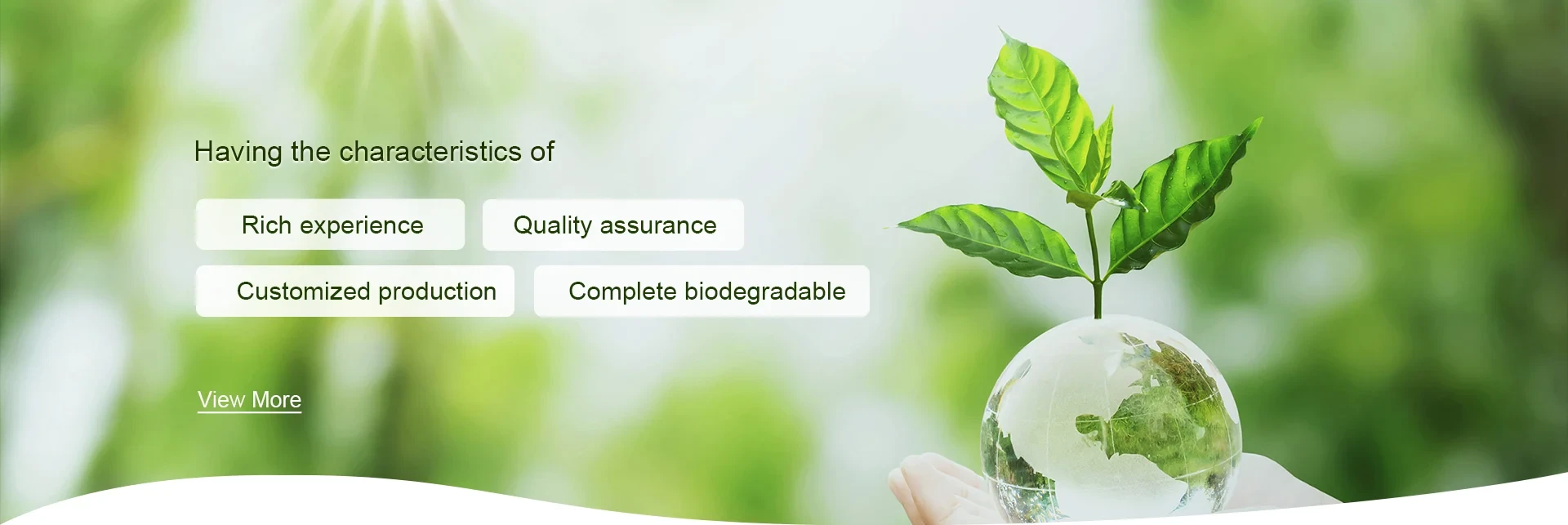
News
dec . 05, 2024 15:06 Back to list
custom magnesium edta fertilizer
Custom Magnesium EDTA Fertilizer Unlocking Agricultural Potential
In the ever-evolving field of agriculture, tailored solutions that meet specific plant nutrient requirements are becoming increasingly vital. One such solution is the use of custom magnesium EDTA (Ethylenediaminetetraacetic acid) fertilizers. This innovative approach addresses not only the nutrient needs of plants but also the challenges posed by varying soil compositions and environmental factors.
What is Magnesium EDTA Fertilizer?
Magnesium EDTA fertilizer is a chelated form of magnesium that is designed to enhance the availability of this essential nutrient to plants. Chelation is a process where a chelating agent, such as EDTA, binds with metal ions like magnesium, preventing them from precipitating or becoming unavailable in soils. This process ensures that magnesium ions remain soluble and accessible for plant uptake, enhancing nutrient absorption efficiency.
Magnesium plays a critical role in plant health; it is a central component of chlorophyll, which is essential for photosynthesis. Additionally, magnesium contributes to enzyme functioning, protein synthesis, and overall plant metabolic processes. When plants are deficient in magnesium, they may exhibit symptoms such as yellowing of leaves, poor fruit development, and stunted growth, which can severely affect crop yield and quality.
The Importance of Customization
One of the key advantages of magnesium EDTA fertilizers is the ability to customize formulations based on specific crop needs and soil conditions. Different plants require varying nutrient profiles, and through soil testing, farmers can identify deficiencies or imbalances in their fields. Custom formulations can therefore incorporate additional nutrients, such as nitrogen or potassium, alongside magnesium, creating a comprehensive nutrient package tailored to enhance plant performance.
For instance, crops such as tomatoes and peppers often exhibit magnesium deficiency, particularly in sandy or acidic soils. A custom magnesium EDTA fertilizer can be engineered to optimize the nutrient delivery, ensuring these plants receive the magnesium they need for optimal growth.
custom magnesium edta fertilizer

Benefits of Using Custom Magnesium EDTA Fertilizers
1. Enhanced Nutrient Availability The chelation of magnesium ensures that it remains soluble and available to plants, even in challenging soil conditions. This ability maximizes nutrient uptake and improves plant health.
2. Improved Crop Quality By addressing magnesium deficiencies, crops are healthier, leading to increased quality in both yield and taste. Improved chlorophyll production enhances the color and flavor profiles of fruits and vegetables, which is essential for marketability.
3. Sustainability Custom fertilizers can help reduce input costs and environmental impact. By providing the exact nutrient ratios required, farmers can minimize excess fertilization, which reduces runoff and potential pollution of waterways.
4. Adaptability Climate change and shifting agricultural practices require adaptable solutions. Custom formulations allow farmers to respond to these changes by modifying nutrient inputs based on the current conditions.
5. Cost-effectiveness Tailoring fertilizers reduces waste and promotes efficient use of resources, ultimately leading to more economical farming practices. Farmers can maximize their investment in fertilizers by ensuring that every application meets the specific needs of their crops.
Conclusion
In summary, custom magnesium EDTA fertilizers represent a significant advancement in agricultural practices, promoting enhanced growth and sustainability. As farmers face the dual challenges of increasing demand for food and improving soil health, these tailored nutrient solutions will play a crucial role in addressing nutrient deficiencies effectively. Investing in customized fertilizers not only boosts crop yield and quality but also supports long-term agricultural sustainability, making it a crucial aspect of modern farming strategies. By prioritizing tailored nutrition, farmers can cultivate healthier plants and contribute positively to the global food system.
-
Polyaspartic Acid Salts in Agricultural Fertilizers: A Sustainable Solution
NewsJul.21,2025
-
OEM Chelating Agent Preservative Supplier & Manufacturer High-Quality Customized Solutions
NewsJul.08,2025
-
OEM Potassium Chelating Agent Manufacturer - Custom Potassium Oxalate & Citrate Solutions
NewsJul.08,2025
-
OEM Pentasodium DTPA Chelating Agent Supplier & Manufacturer High Purity & Cost-Effective Solutions
NewsJul.08,2025
-
High-Efficiency Chelated Trace Elements Fertilizer Bulk Supplier & Manufacturer Quotes
NewsJul.07,2025
-
High Quality K Formation for a Chelating Agent – Reliable Manufacturer & Supplier
NewsJul.07,2025
